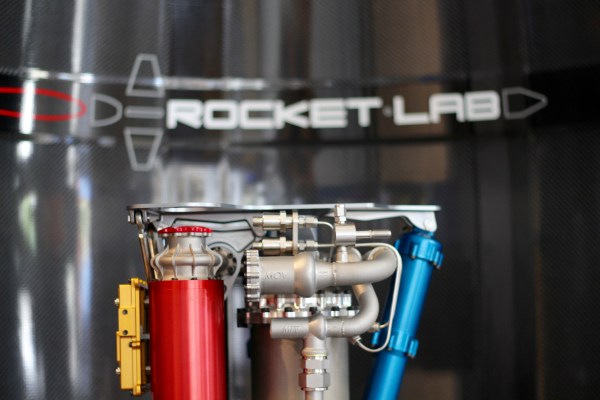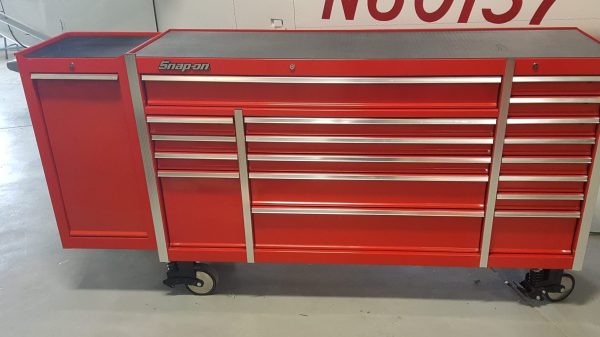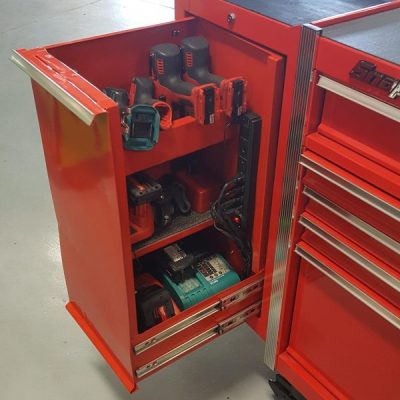How many of you speak more than one language? Since Hackaday is an English-language site whose readership is world-wide, we are guessing quite a lot of you are not monoglots. Did you learn your second or third languages at school, and was it an experience you found valuable? How about your path into software? If you are a coder, were you self-taught or was your school responsible for that as well?
It’s been a constant of the last few decades, officials and politicians in charge of education worrying that tech-illiterate children are being churned out of schools ill-equipped for the Jobs Of Tomorrow, and instituting schemes to address the issue. One of the latest of these ideas has come our way from Florida, and it’s one that has sparked some controversy. It sounds simple enough, make coding equivalent to language learning when it comes to credits in Floridian high schools.
You might think that this idea would be welcome, but instead it has attracted criticism from those concerned that it will become an either-or choice in cash-strapped school districts. This could lead to kids without an extra language being at a disadvantage when it comes to applying for higher education. There are also concerns that the two subjects are not equivalent, and should not be conflated.
It’s difficult from the perspective of an adult technical journalist without a background in education to speculate on the relative benefits to young minds of either approach. It is very likely though that just as with previous generations the schools will discover that there is limited benefit in pushing coding at kids with little aptitude or interest in it, and that the benefits in terms of broader outlook and intellectual exercise gained by learning another language might be lost.
Which was more valuable to you at school, coding or learning a language? Were you of the generation that learned coding through BASIC from the manual that came with your home computer, and should today’s kids be doing the same with Scratch and Python on boards like the Raspberry Pi? Let us know in the comments.
Child at computer image: Nevit Dilmen [CC-BY-SA-3.0], via Wikimedia Commons.














